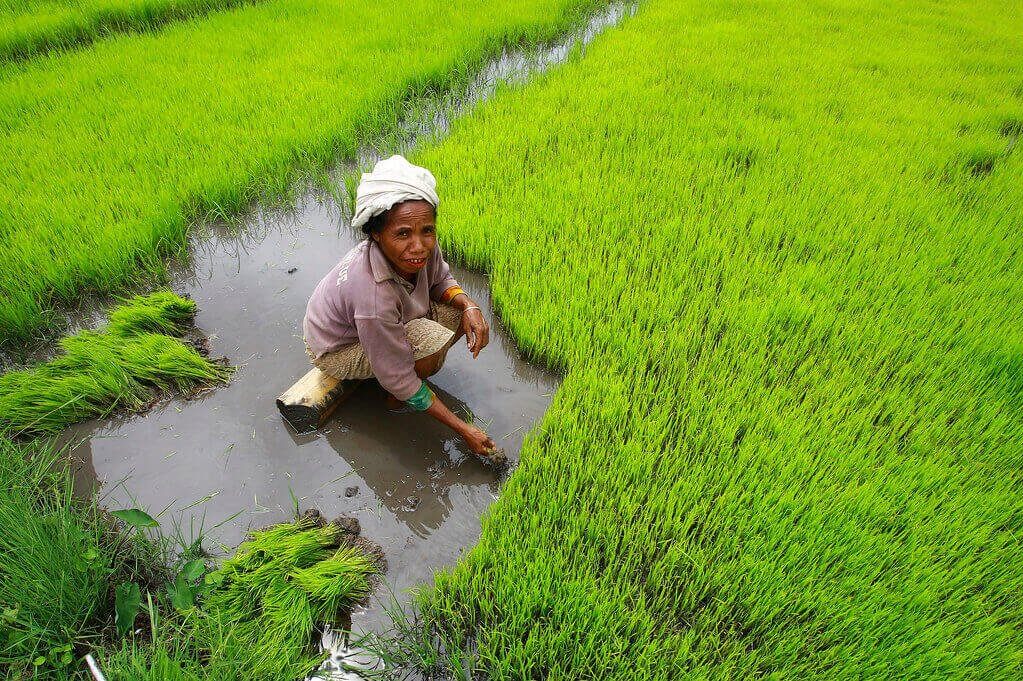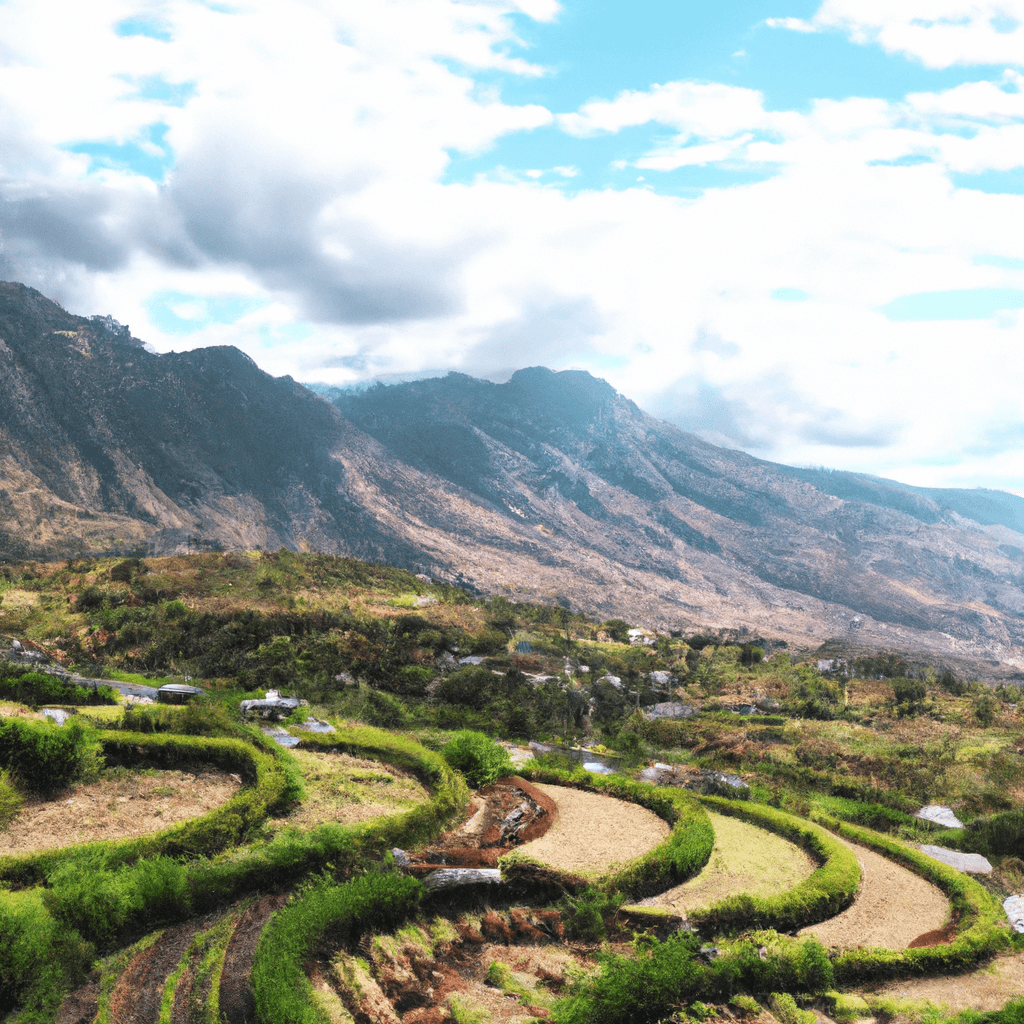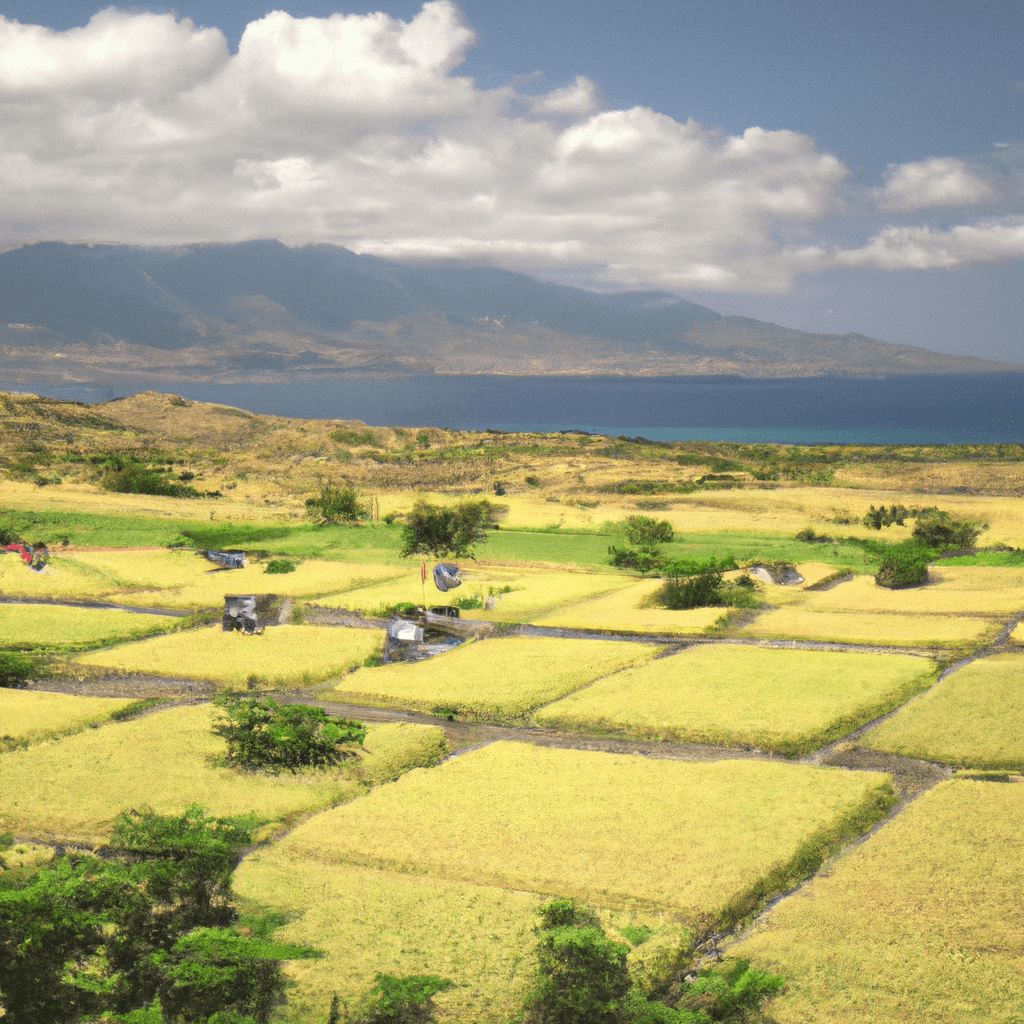The Future of Agriculture in East-Timor

-
Overview of Agriculture
“Harvesting a Brighter Future: The Future of Agriculture in East-Timor”
Introduction
The Future of Agriculture in East-Timor is an important topic for the country’s economic development. East-Timor is a small, developing nation located in Southeast Asia. It is a country with a rich agricultural history, but one that has been largely neglected in recent years. The country is now facing a number of challenges, including a lack of access to modern agricultural technologies, limited access to markets, and a lack of investment in agricultural infrastructure. Despite these challenges, there is great potential for the future of agriculture in East-Timor. With the right investments and policies, the country can become a leader in sustainable and productive agriculture. This article will explore the current state of agriculture in East-Timor, the challenges it faces, and the potential for the future of agriculture in the country.
How East-Timor is Leveraging Technology to Improve Agricultural Production
East-Timor is a small nation located in Southeast Asia, and it is leveraging technology to improve agricultural production. The country is heavily reliant on agriculture, and the government is taking steps to ensure that the sector remains productive and efficient.
One of the ways East-Timor is leveraging technology to improve agricultural production is through the use of precision agriculture. This involves the use of advanced technologies such as GPS, remote sensing, and drones to monitor and manage crops. This technology allows farmers to monitor soil conditions, water levels, and other factors that can affect crop yields. It also allows them to adjust their farming practices accordingly, ensuring that they are able to maximize their yields.
East-Timor is also using technology to improve access to agricultural information. The government has launched a number of initiatives to provide farmers with access to the latest agricultural research and data. This includes the establishment of an online portal that provides farmers with access to agricultural information, as well as a mobile app that provides farmers with access to market prices and other relevant data.
Finally, East-Timor is leveraging technology to improve access to agricultural inputs. The government has launched a number of initiatives to make it easier for farmers to access the inputs they need to produce high-quality crops. This includes the establishment of an online platform that allows farmers to purchase agricultural inputs, as well as a mobile app that allows farmers to access agricultural inputs in their local area.
Overall, East-Timor is leveraging technology to improve agricultural production. By using precision agriculture, providing access to agricultural information, and improving access to agricultural inputs, the government is helping to ensure that the country’s agricultural sector remains productive and efficient.
Exploring the Potential of East-Timor’s Agricultural Sector for Economic Growth

East-Timor is a small, developing nation located in Southeast Asia. Despite its small size, the country has a wealth of natural resources and a largely untapped agricultural sector. This sector has the potential to be a major driver of economic growth and development in East-Timor.
Agriculture is the backbone of East-Timor’s economy, accounting for over half of the country’s GDP and employing more than two-thirds of the population. The sector is dominated by small-scale subsistence farming, with most farmers relying on traditional methods and limited access to modern inputs and technology. Despite this, the sector has seen some growth in recent years, with increased investment in infrastructure and improved access to markets.
The potential for further growth in the agricultural sector is significant. East-Timor has a favorable climate and fertile soils, making it well-suited for a variety of crops. The country also has access to a range of international markets, providing an opportunity to export agricultural products.
To realize this potential, the government of East-Timor must take steps to improve the sector. This includes investing in infrastructure such as roads, irrigation systems, and storage facilities. It also requires providing farmers with access to modern inputs and technology, such as improved seeds and fertilizers. Additionally, the government should focus on developing value-added products, such as processed foods, to increase the competitiveness of East-Timor’s agricultural exports.
Finally, the government should work to improve access to markets, both domestically and internationally. This could include developing marketing strategies, providing incentives for farmers to produce higher-value crops, and improving access to credit and other financial services.
By taking these steps, East-Timor can unlock the potential of its agricultural sector and drive economic growth and development. This will not only benefit the country’s farmers, but also its entire population, as increased agricultural production will lead to increased incomes and improved living standards.
The Role of Government in Supporting Sustainable Agriculture in East-Timor
The government of East-Timor has a critical role to play in supporting sustainable agriculture in the country. Sustainable agriculture is a form of farming that is designed to meet the needs of the present without compromising the ability of future generations to meet their own needs. It is an approach that seeks to balance the economic, environmental, and social aspects of agricultural production.
The government of East-Timor can support sustainable agriculture in a number of ways. First, it can provide financial support for farmers to invest in sustainable practices. This could include providing subsidies for the purchase of organic fertilizers and other inputs, as well as providing grants for research and development of sustainable farming techniques.
Second, the government can create incentives for farmers to adopt sustainable practices. This could include providing tax breaks for farmers who use sustainable methods, or providing access to credit for farmers who are willing to invest in sustainable practices.
Third, the government can create policies that promote sustainable agriculture. This could include setting standards for the use of pesticides and other chemicals, as well as establishing regulations that protect natural resources such as water and soil.
Finally, the government can provide educational and training opportunities for farmers. This could include providing access to information about sustainable farming techniques, as well as providing training in the use of new technologies and methods.
By taking these steps, the government of East-Timor can help to ensure that sustainable agriculture is supported and promoted in the country. This will help to ensure that the country’s agricultural sector is able to meet the needs of the present and future generations.







